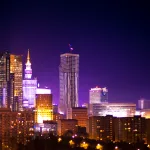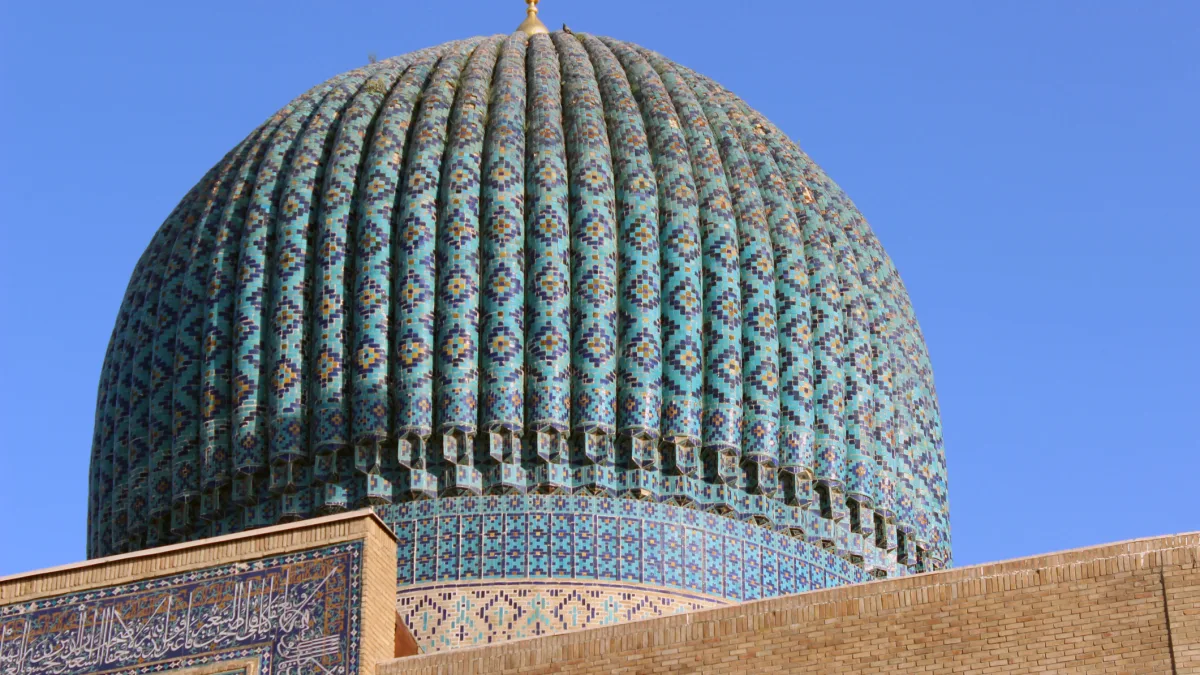There is a Japanese proverb that says, “vision without action is a daydream. Action without vision is a nightmare.” When it comes to creating economic growth this requires equal measures of vision and action: creating an ecosystem of talent, capital and great ideas topped of with the fairy dust of innovative thinking and entrepreneurial spirit.
Creating this fertile ground for economic magic to happen is the goal of the public and private sectors across the emerging Europe region.
Taking a cue from a Nordic neighbour
Stockholm has a long-established reputation for creating an ecosystem that brings together talent, venture capital, further education institutions and a digital-first environment. This has culminated in the establishment of co-working hubs like United Spaces which connect start-ups, established companies and scale-ups in a vibrant, inspiring setting.
Creating a space where curious and ambitious entrepreneurs can find new customers, fresh ideas and future collaborators is at the heart of the United Spaces concept which has now grown to 10 locations spanning six cities across Sweden. This approach has now spread across the Baltic Sea.
The jewels in the Baltic crown
Formerly in the shadow of Estonia—which boasts success stories such as Bolt, Wise, Pipedrive and before that Skype— Lithuania and Latvia are today experiencing impressive start-up growth rates which far outstrip those of their Baltic cousin.
There is a hunger and a drive today across both countries that is palpable.
The number of start-ups in Latvia is growing every year, a trend accelerated by government support measures such as start-up visas for foreign founders, tax incentives, and startup-friendly stock option policies.
Currently, Latvia hosts over 500 start-ups, with nearly one-fourth founded by foreigners. Key players include the Latvian Startup Association, TechChill Foundation and the Investment and Development Agency of Latvia (LIAA). Furthermore, creating a place where entrepreneurs, investors and creatives can meet is vital.
The notion of creating a vibrant hub is the raison d’etre of Startup House Riga which offers a physical and collaborative environment tailored specifically for early-stage startups. Located in the lively Spīķeri quarter of Riga, the facility was conceived and launched by founders alongside the TechHub Riga Foundation—backed by investments from high-profile local start-ups and sponsors as well as the city of Riga.
The building features modern co-working areas, private offices, meeting rooms and modern event spaces. This working environment allows founders focus solely on building and scaling their businesses
Beyond its infrastructure, Startup House Riga fosters a vibrant ecosystem of community, growth, and resources. Access is exclusive to start-ups, investors, and ecosystem stakeholders (including universities like the University of Latvia and the Riga Campus of the Stockholm School of Economics), creating fertile ground for the exchange of ideas and collaboration.
The centre regularly hosts start-up meetups, mentoring office hours, educational workshops, hackathons, and networking events, acting as a dynamic hub for connection and innovation.
Additionally, a number of accelerator programmes are available as well as support programmes like the From Founders to Founders (F2F) initiative which offers early-stage companies a 100 euros per person per month subsidy, alleviating operational costs and enabling teams to focus on product development.
Peer-driven support
The blend of a well-equipped workspace with tailored programming and peer-driven support makes Startup House Riga a compelling launchpad for founders aiming to grow their ventures in a collaborative environment. Latvian startups are following in the footsteps of Latvia’s first unicorn Printful as well as innovative companies such as translation solution, Lokalise; all-in-one platform for invoicing, accounting, and payments, Abillio; and wind turbine maintenance and inspections service provider, Aerones.
Similarly, Lithuania has established an ecosystem approach to create the next Vinted and Nord Security—local unicorns who should inspire the next wave of successful start-ups and scale-ups.
Latvia’s Baltic neighbour has clearly defined innovation policies and offers similar practical tools that help Lithuanian startups expand globally. This takes the form of international accelerator programmes and events. Lithuania hosts 16 pre-accelerators and accelerators, four of which are coordinated by Startup Lithuania. These programmes provide both mentorship and financial backing. The focus is on forming partnerships, finding investors and strengthening communities.
One such flagship event is Startup Fair which brings together start-ups, investors, and ecosystem players in Vilnius to connect, grow, and scale. This approach is also bearing fruit: in 2024 alone, the total value of the Lithuanian startup ecosystem increased by EUR 2 billion. Over the past decade, this value has grown 39 times.
A hotbed of ideas and energy
It is clear that the vision, energy and drive exists in the Baltics to make things happen: the building blocks are in place for more startups and scale-ups to thrive. There is a system and no one is waiting around for miracles to happen: there is a realisation that opportunities need to be created through good ideas and hard work.
And as the Latvian chess grandmaster Mikhail Tal once said: if you wait on luck to turn up, life becomes very boring. There is certainly no appetite for a boring life in the Baltics.







